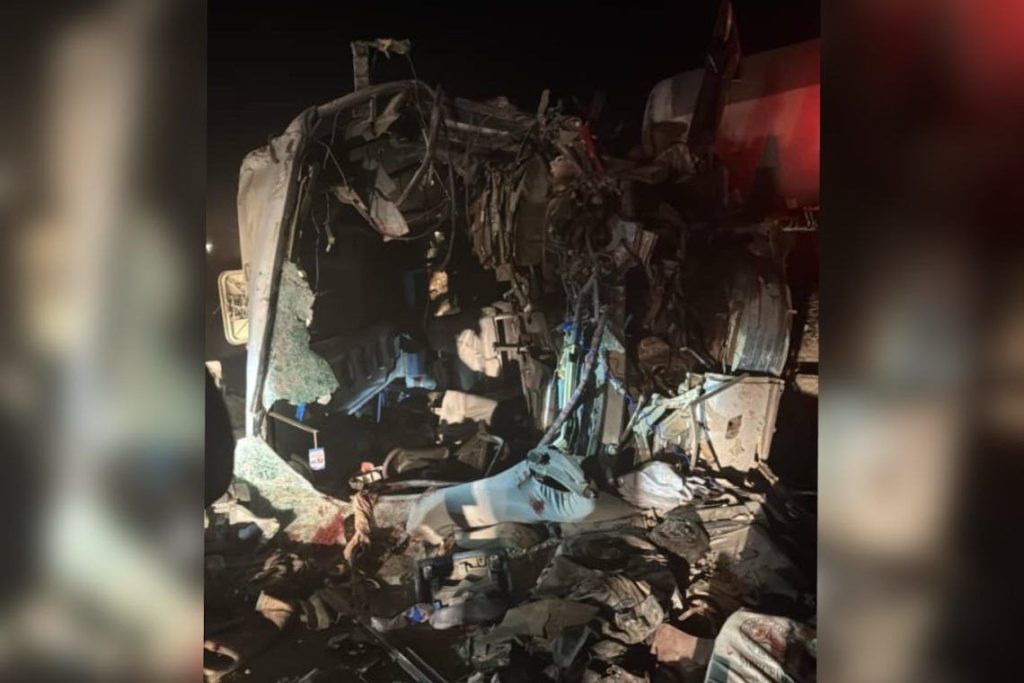Israel’s Mossad has been implicated in a covert operation that involved planting explosives in 5,000 pagers imported by Hezbollah. This unprecedented breach of security resulted in multiple detonations across Lebanon on Tuesday, leading to nine fatalities and nearly 3,000 injuries, including members of Hezbollah and Iran’s envoy to Beirut.
Details of the Operation
Kabul 34: The pagers, ordered from Taiwan-based Gold Apollo, were reportedly modified at the production level by Israeli operatives. The explosives, estimated to be up to three grams, remained undetected for months until they were activated by a coded message sent to the devices. This message triggered simultaneous explosions, causing widespread chaos and destruction across various locations in Lebanon.
Hezbollah’s Response
In the aftermath of the blasts, Hezbollah vowed retaliation against Israel. The group characterized the incident as a “massacre” and emphasized its commitment to continue supporting Gaza and its people. Hezbollah leader Hassan Nasrallah had previously warned members against using mobile phones due to security concerns, leading to the adoption of pagers as a more secure communication method.
Manufacturer’s Statement
Gold Apollo’s founder clarified that while the pagers bore their brand, they were manufactured under license by a European company named BAC. He stated that Gold Apollo had no involvement in the design or production of the explosive devices.
Implications for Regional Security
This incident marks a significant escalation in the ongoing conflict between Israel and Hezbollah. Analysts suggest that such sophisticated tactics could indicate a shift in operational strategies within this long-standing rivalry.
The Israeli military has refrained from commenting on the attacks, leaving many questions unanswered regarding their involvement and future actions in Lebanon.







